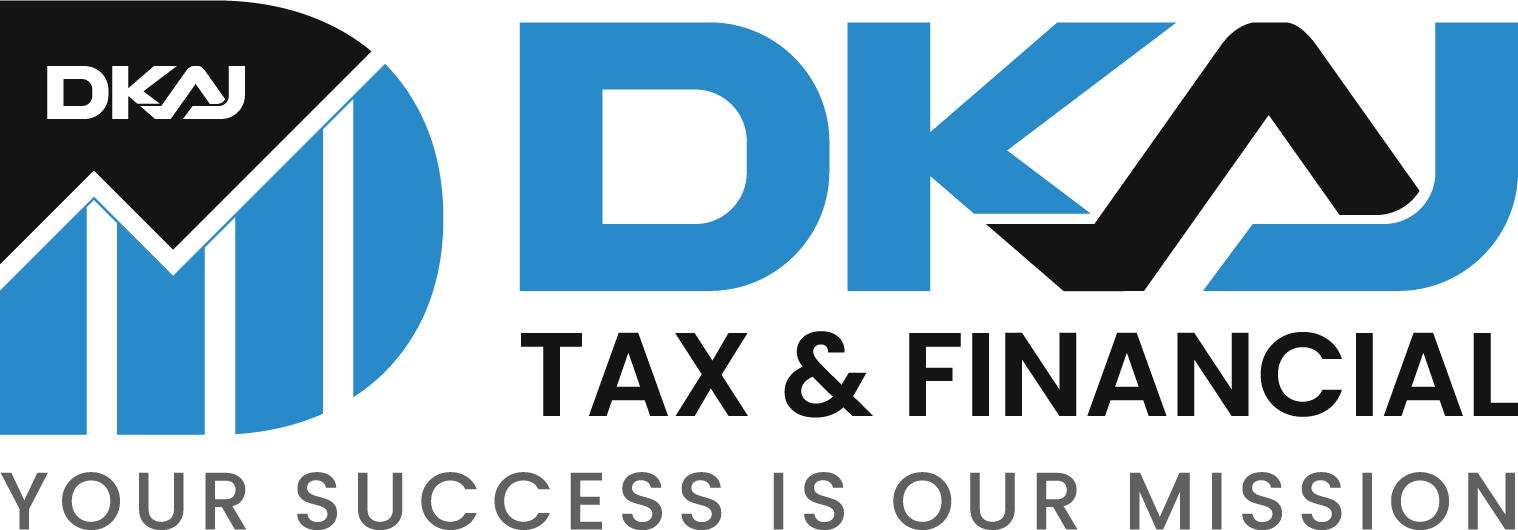Tax Deductions And Benefits For Self-Employed
 Tuesday, October 18, 2022
Tuesday, October 18, 2022
If you are self-employed, there are a number of tax deductions and benefits that you can take advantage of. In this post, we will discuss the most common deductions and benefits available to self-employed taxpayers. We will also provide tips on how to maximize your tax savings. Let's get started!
Common Tax Deductions For Self-Employed in Canada
As a self-employed individual, you can deduct a variety of expenses on your tax return. These deductions can help to reduce your taxes payable and increase your refund. The most common deductions for self-employed individuals include:
- Business expenses: You can deduct any reasonable business expenses that are incurred in the course of running your business. This includes things like office supplies, advertising, travel, and professional fees.
- Home office expenses: If you have a dedicated home office space, you can claim a portion of your rent or mortgage interest, property taxes, and utilities as business expenses.
- Capital expenses: You can deduct the cost of capital assets that are used for business purposes. This includes things like machinery, equipment, and vehicles.
- Auto expenses: You can deduct a portion of your vehicle expenses if you use your car for business purposes. This includes things like gas, maintenance, and insurance.
- Meals and entertainment: You can deduct 50% of the cost of business-related meals and entertainment. This includes things like business lunches, client dinners, and tickets to business events.
- Education and training: You can deduct the cost of any courses or seminars that are related to your business. This includes things like professional development courses, trade shows, and conferences.
- Interest and bank charges: You can deduct any interest that you pay on loans used for business purposes. This also includes any service charges or fees paid to your bank.
- Taxes: You can deduct any federal, provincial, or municipal taxes that you paid on business income. This includes things like GST/HST and PST.
- Depreciation: You can claim depreciation on capital assets used in your business. This is a non-cash expense that can be used to reduce your taxable income.
- Bad debts: You can write off any bad debts that are owed to your business. This includes things like unpaid invoices and loans.
Tips For Maximizing Your Tax Deductions And Benefits
There are a few things that you can do to maximize your tax deductions and benefits as a self-employed individual. First, make sure that you keep good records of all your business expenses. This will help to support your deductions in the event of an audit.
Second, take advantage of all the deductions and benefits that you are entitled to. There is no reason to leave money on the table come tax time. Make sure to claim everything that you are eligible for.
Finally, work with a professional tax accountant to ensure that you are taking advantage of all the available deductions and benefits. They can help you maximize your tax savings and minimize your tax liability.
Self-Employed Tax Deductions: The Bottom Line
There are a number of tax deductions and benefits available to self-employed individuals in Canada. These deductions can help to reduce your taxes payable and increase your refund. Try to work with an experienced tax advisor to ensure that you are getting the most out of your tax return. Contact us today to get a professional tax accountant for your tax filing.
 Address:
Address:  Email:
Email: 
 Facebook
Facebook Twitter
Twitter footer.followus.insta
footer.followus.insta

